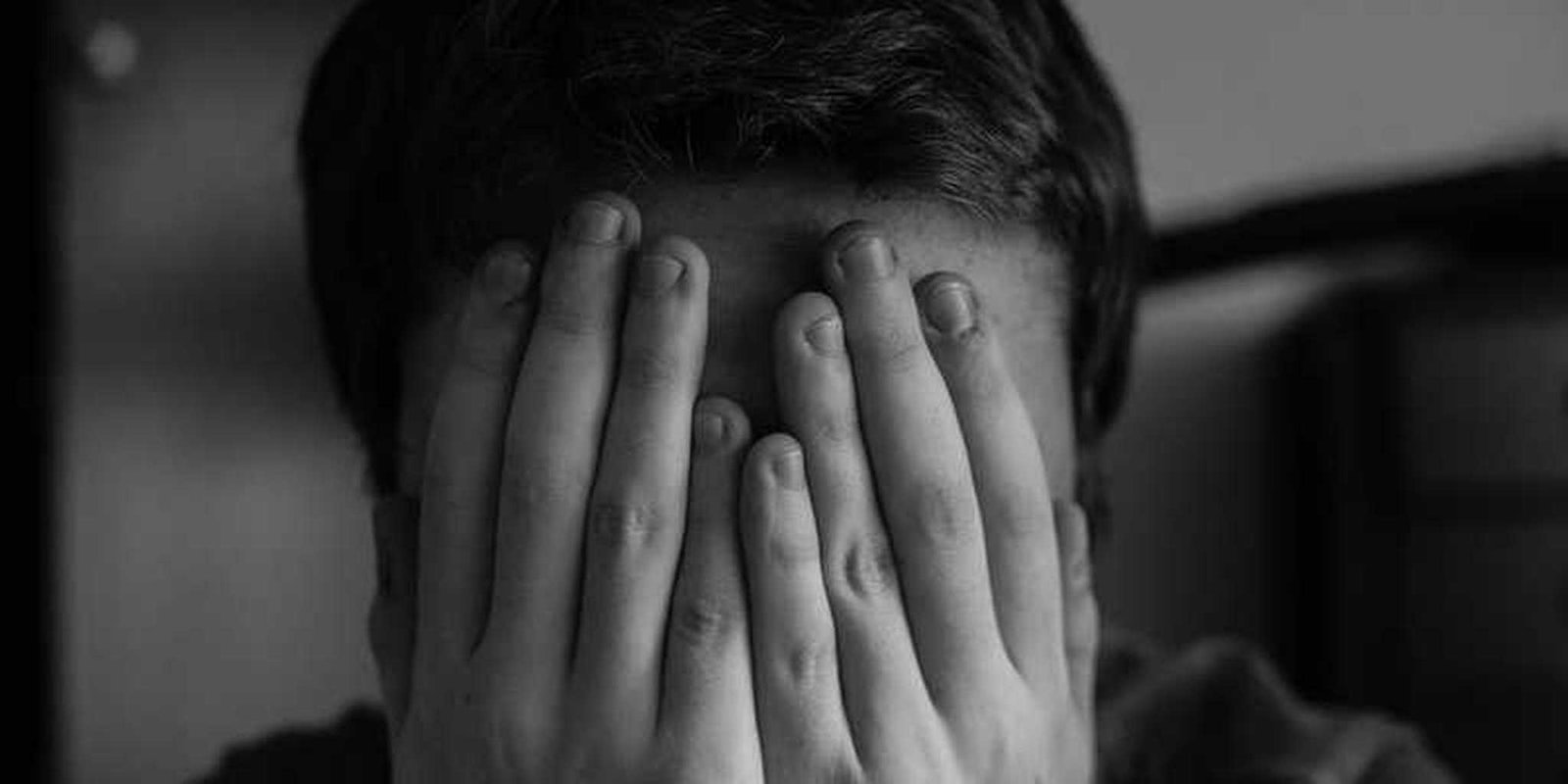The science of depression takes center stage in the latest AsapSCIENCE, which tackles the causes of depression and prevalent theories as to why some people get depressed while others with similar life circumstances do not.
Serotonin treatment was often thought to be the key to depression, but AsapSCIENCE reveals that new studies have pointed to other aspects of the brain that relate to depression and its complexity. Brain cell growth and connection may actually play a larger role, specifically the hippocampus, which controls memory and emotion. The longer a person has been depressed, the smaller the hippocampus becomes. Serotonin treatment often has an indirect effect on the growth of brain cells, meaning they seem to help patients by stimulating neurons that regenerate the hippocampus.
Another study found that the length of serotonin transmitter genes can affect depression, and can be inherited. The video admits that there are a lot of factors and theories beyond what they include in the three minute and 45 second clip, but that the key takeaway is that depression is a disease and not something you can “get over” with just positive thinking. An important message to get out to the wider world of YouTube.
H/T ASAPscience | Photo via Ryan_M651/Flickr (CC BY 2.0)


